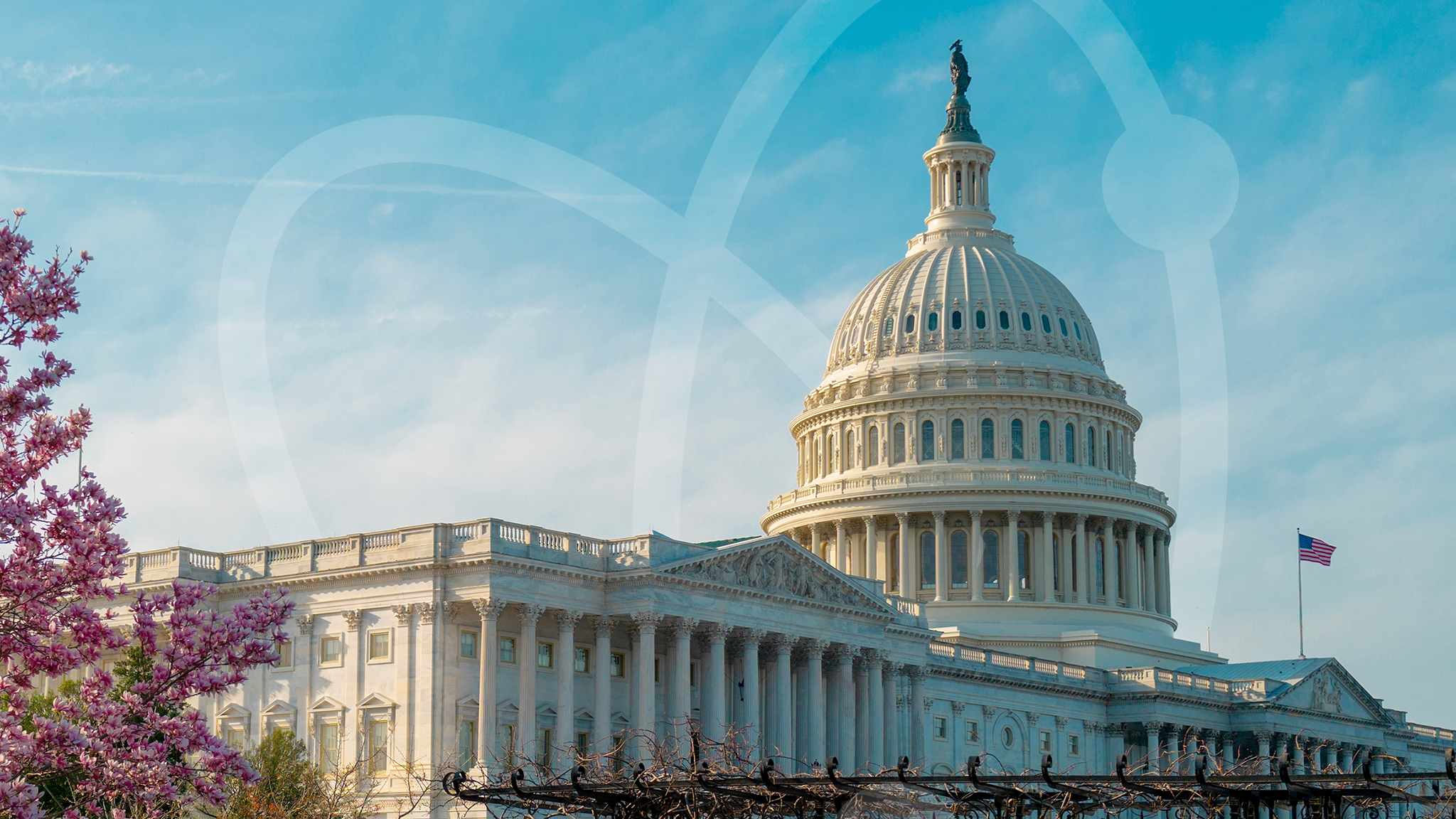2025-2026
National Science Teaching Association Policy Agenda

Introduction
The National Science Teaching Association (NSTA) is dedicated to transforming science education to benefit all through professional learning, partnerships, and advocacy. While science and STEM education are critical to the nation’s competitiveness, workforce readiness, and civic literacy, they often receive less policy attention than other core subjects. This agenda outlines NSTA’s policy priorities for the coming year, organized around five strategic goals that support and advance our mission.
Goal 1: Support Federal Science and STEM Education Funding Streams
Policy Priorities
- Advocate for robust appropriations for the National Science Foundation (NSF) Education and Human Resources (EHR) Directorate, including the Robert Noyce Teacher Scholarship Program.
- Support continued funding for the Department of Education’s 21st Century Community Learning Centers (21st CCLC) to expand afterschool and summer science and STEM learning opportunities.
- Champion full funding of ESSA Title IV, Part A (Student Support and Academic Enrichment Grants) to ensure flexible support for science enrichment and instructional technology.
- Protect and expand ESSA Title II, Part A (Supporting Effective Instruction) to strengthen teacher professional learning, including for science.
Rationale
Federal science and STEM education funding helps ensure all students have access to modern learning experiences, supporting states and districts in closing opportunity gaps in communities that need it most.
Goal 2: Advance Policies to Benefit Science Educators
Policy Priorities
- Strengthen the Robert Noyce Teacher Scholarship Program to recruit and prepare science teachers in high-need schools.
- Expand Teacher Quality Partnership (TQP) Grants to improve teacher preparation programs with a focus on science.
- Increase funding for Title II, Part A to provide meaningful professional development for science educators.
- Promote teacher-focused loan forgiveness and service scholarship programs such as TEACH Grants and Public Service Loan Forgiveness (PSLF) with explicit support for science educators.
Rationale
A well-supported science teaching workforce, equipped to engage all learners, is critical to ensuring high-quality education for all and preparing the next generation of innovators.
Goal 3: Elevate Science as an Accountability Priority
Policy Priorities
- Ensure science outcomes are included in accountability frameworks during ESSA implementation and reauthorization.
- Expand support for Statewide Longitudinal Data Systems (SLDS) to track science learning outcomes and teacher effectiveness.
- Require state use of high-quality science assessments aligned to the Next Generation Science Standards (NGSS) or equivalent.
- Advocate for Department of Education guidance that positions science proficiency as a core indicator of readiness for postsecondary education and the workforce.
Rationale
Elevating science to the same level as math and reading ensures balanced instruction, supports student achievement, and reflects its essential role in preparing students for higher education, careers, and civic engagement.
Goal 4: Leverage the STEM Education Coalition to Advance NSTA Goals
Policy Priorities
- Collaborate through the STEM Education Coalition to advocate for federal programs such as NSF EHR, ESSA Titles II & IV, Perkins CTE, and Department of Energy workforce initiatives.
- Align with coalition partners to highlight how science and STEM education support economic competitiveness and national security.
- Use coalition networks to build bipartisan support for emerging field investments in Artificial Intelligence (AI), climate science, biotechnology, and clean energy within K–12 curricula.
Rationale
Partnership through the STEM Education Coalition amplifies NSTA’s influence, builds bridges across sectors, and ensures science and STEM education remain bipartisan priorities.
Goal 5: Defend and Advance Science and STEM Education Priorities at the State Level
Policy Priorities
- Monitor state legislative activity to defend against efforts that weaken science standards, diminish professional learning investments, or restrict accurate teaching of climate science, evolution, and other essential topics.
- Advocate for adoption and faithful implementation of Next Generation Science Standards (NGSS) or equivalent high-quality frameworks.
- Promote increased state investment in science teacher professional learning through state-funded PD programs, competitive grants, and teacher leadership initiatives.
- Support state-level efforts to integrate science and STEM into accountability systems, graduation requirements, and college/career readiness pathways.
- Provide resources and mobilization support for NSTA state chapters and affiliates engaged in case-by-case advocacy.
Rationale
State legislatures and education agencies play a decisive role in shaping science education. Vigilant, case-by-case advocacy is necessary to defend against rollbacks while advancing policies that ensure all students have access to rigorous, high-quality science and STEM education.


